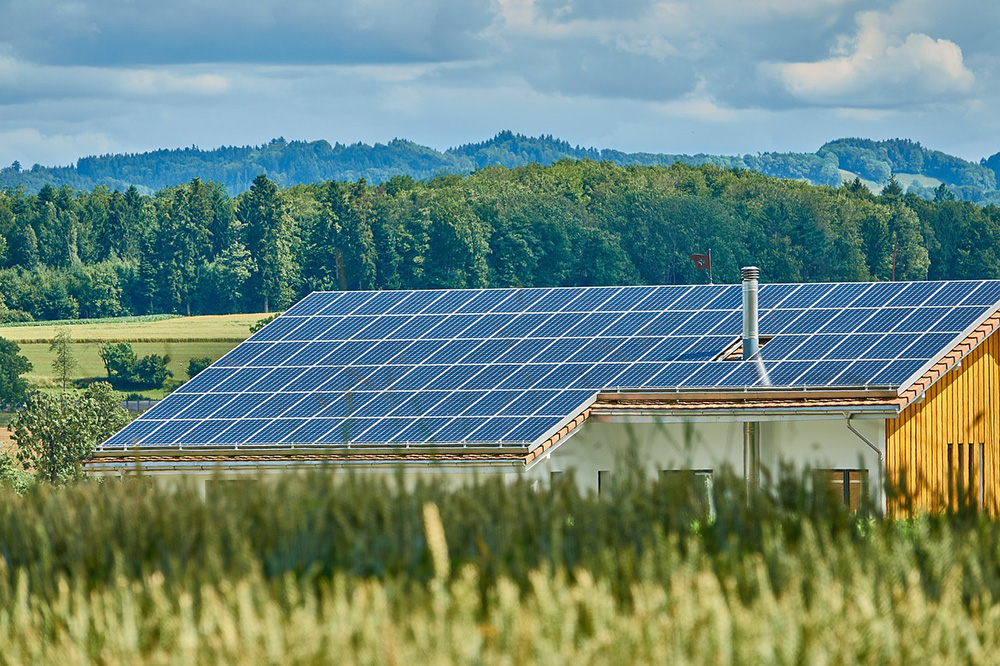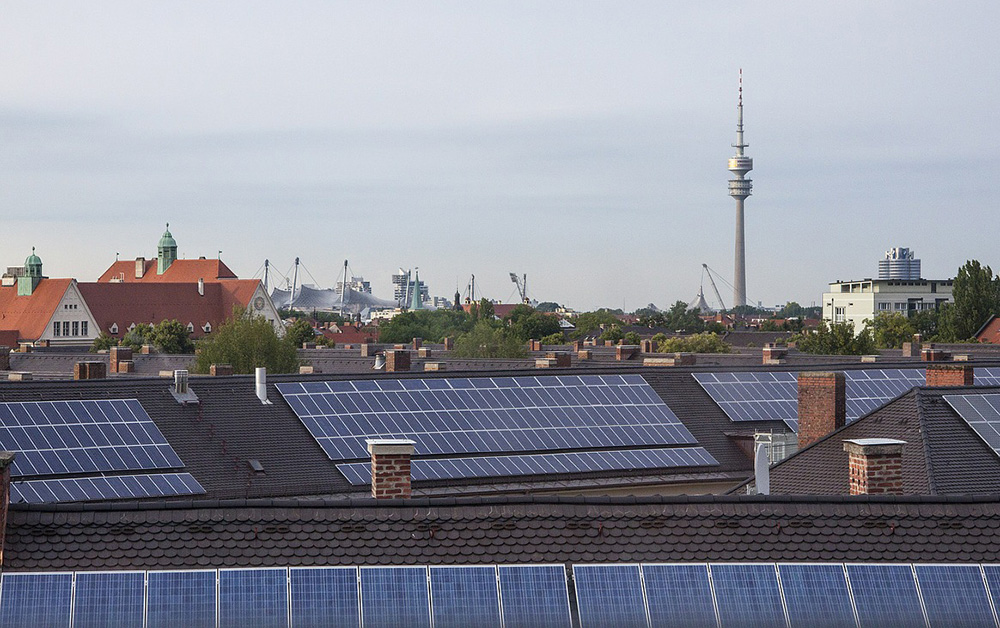by Ovidiu Popescu
Climate Change is probably one of the top global challenges that we need to act upon jointly. As French President Emmanuel Macron said, we need to make our planet great again. And while the challenge is significant, not tackling climate change today will put at risk our way of life, even our own health and wellbeing.
The good news is that we know what we need to do to mitigate the harmful effects of climate change and by when. There are a great number of solutions to decarbonize our future and the Intergovernmental Panel on Climate Change (IPCC) is perhaps the most authoritative source for solutions on tackling climate change. But this should not serve to reassure us; it should spur us to action as time is of the essence. Draft reports by the United Nations are already suggesting that the most ambitious targets set in the Paris Agreement of 2015, that of maintaining temperature rises to 1.5 degrees Celsius, could be exceeded already by the 2040’s.

So, at minimum, we need a radical shift away from fossil fuels will enable world governments to decarbonize our energy systems. The crux of the problem is how we go about this: what are the renewable technologies we prioritize? Where do nuclear and gas fit? How do we enable the technology advances needed to make low carbon or zero carbon technologies a viable, efficient and affordable solution for our planet? Beyond renewable technologies, IPCC experts have highlighted the potential of carbon capture and storage as a solution that could “easily” remove carbon from the atmosphere.
What is perhaps most unexpected in the multitude of assessments currently ongoing regarding the best mix of technologies that will help us mitigate climate change is the absence of one of the most well-known sources of renewable energy: solar energy. More specifically, the IPCC’s 2014 report does not identify “solar energy as a strategically important technology option” [1].

This is very surprising given past government support for the deployment of solar panels as a way to pave the future for an energy system based on renewables. What is more, scientific reports can now verify that already in 2011 solar energy reached a tipping point: the solar industry as a whole had saved more greenhouse gases than it emitted [2]. Indeed, the story of the solar industry is one of success both at capturing the sun’s energy but doing so in a manner that increased the efficiency of the technology (in other words getting more energy from the sun’s rays) but also at a decreasing price which makes it more affordable. It is also a very versatile technology which means that it can be used in very different climates and locations.
Solar energy presents a great opportunity for harnessing substantial amounts of energy: it is a type of energy that is abundant and widespread. It is so abundant that the amount of energy reaching the Earth’s surface every hour is more than all the energy currently consumed throughout the year. The potential of solar therefore is almost unimaginable. If we invested in highly efficient solar panels, the amount of energy generated could be a lot more than what we get today. Already with current technology, the US solar industries association estimates that solar technology could provide about 80% of the energy used for space heating and water heating in the United States [3]. But the benefits of solar energy are not limited to the reduction of greenhouse gases only. Indeed, studies have shown that solar panels can benefit nature and biodiversity when placed correctly. Resilience to climate change is increased when our ecosystems are stronger and more diverse. Therefore, the studies indicating that solar panel farms can co-exist and indeed provide fertile ground for nature should be welcomed.
In the face of all this evidence of the capacity that solar energy could offer us, as well as the other benefits that come with it, it is difficult to imagine why some express hesitation about its potential. Perhaps, what has been underestimated is the market penetration of solar technology and the technological breakthroughs that have also occurred.

But the facts on the ground are the ones that speak the loudest. And the reality is that beyond the boardrooms and technology centres, solar power is experiencing a rebirth. Solar technology was the fastest-growing source of new energy worldwide in 2016. It even overtook the growth of coal.
The game changers that made this possible were the falling prices and government policies, especially in China, where almost half the solar panels are installed.
The International Energy Agency (IEA) now predicts that solar will dominate, with 5-year growth projections suggesting its global capacity will be greater to that of the combined power capacity of India and Japan. In a recent interview, Dr Fatih Birol, the executive director of the IEA, added that “We expect that solar [photovoltaic] capacity growth will be higher than any other renewable technology up to 2022.”.
Let’s hope we are entering a new era, one where solutions for climate change start taking precedence over the grey industrial models of growth. And if solar is going to be a key ingredient to mitigating climate change perhaps that is quite fitting as the sun is what our world revolves around.
Sources:
[1] https://www.nature.com/articles/nenergy2017140
[2] https://www.carbonbrief.org/solar-panels-have-been-benefitting-climate-since-2011
[3] https://www.seia.org/initiatives/climate-change
***
Ovidiu is a blogger, environmentalist, and outdoors lover. He runs Greentumble together with his wife and a few other friends. They try to inspire people to open their minds, and change their attitudes and behaviors towards a more sustainable lifestyle.
This article first appeared on offgridworld.com Check it out here
The post The Potential of Solar Energy to Mitigate Climate Change appeared first on Homesteading Alliance.
No comments:
Post a Comment